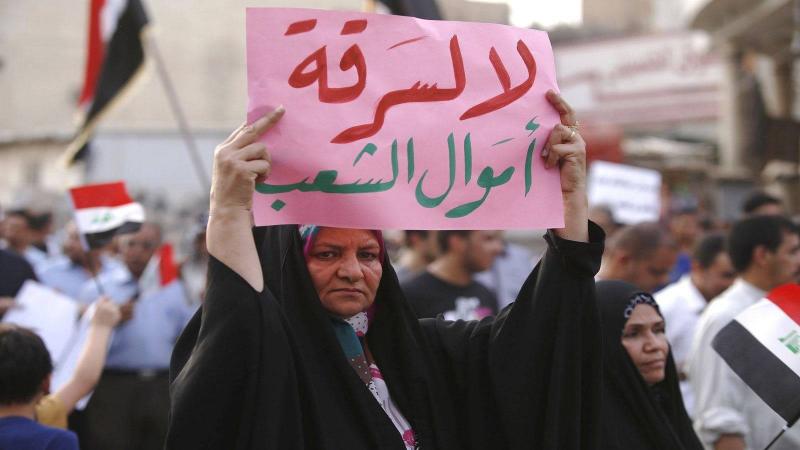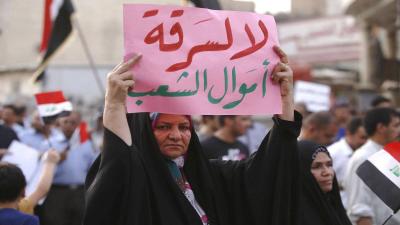On May 22, 2003, former U.S. President George W. Bush issued an executive order to protect the Development Fund for Iraq, where revenues from oil sales were deposited, to shield them from any legal proceedings. After more than two decades, successive U.S. administrations continue to renew this executive order and other related orders aimed at protecting Iraq's funds. Current President Joe Biden signed the decree that extended the national emergency regarding the situation in Iraq for another year, stating: "There are still obstacles to the organized reconstruction of Iraq, restoring and maintaining peace and security in the country, and developing Iraq's political, administrative and economic institutions." The statement added that these obstacles "pose an unusual threat to the national security and foreign policy of Iraq and the United States." Therefore, Biden decided it was necessary to continue the declared national emergency under Executive Order 13303 concerning the stability of Iraq.
What is Executive Order 13303?
The executive order aims to protect the Development Fund for Iraq and certain other properties in which Iraq has an interest. According to the text of the order, then-President George W. Bush believed there was a threat of seizure or other legal actions against the Development Fund for Iraq and Iraqi oil and petroleum products and the revenues derived therefrom. The executive order also stated that this situation "poses an unusual threat to the national security and foreign policy of the United States, and thus a national emergency was declared to address this threat." The order stipulates that any seizure, judgment, decree, or any other legal action against the Development Fund for Iraq or Iraqi oil and petroleum products and the revenues and obligations related to their sale or marketing is considered null and void. The executive order prohibits all U.S. citizens and residents within the United States as well as any entities organized under U.S. laws from filing lawsuits against Iraqi funds. According to U.S. national emergency law, if the executive order is not renewed within 90 days of its previous renewal, it will become void.
Development Fund for Iraq
The Development Fund for Iraq was established after 2003. Before that, revenues from Iraqi oil sales were deposited into an account managed by the United Nations as part of the Oil-for-Food Program. In the mid-1990s, the UN Security Council issued a resolution related to the Oil-for-Food Program, which stipulated selling part of Iraqi oil in exchange for purchasing medicine and food during the era of Saddam Hussein’s regime, which faced international sanctions due to its invasion of Kuwait in 1990. This situation continued until 2003 when a new Security Council resolution lifted most economic sanctions, provided that issues related to the invasion of Kuwait, such as compensation and prisoners, were resolved.
Significant U.S. Influence
In 2010, the Development Fund for Iraq was abolished by a UN resolution, ending all international guarantees of immunity granted to Iraq from claims for compensation. Instead of the abolished fund, an account was opened at the Iraqi Central Bank at the U.S. Federal Reserve to deposit all revenues from Iraqi oil sales. Nevertheless, the United States continued to annually renew the presidential executive order issued in 2003 to protect Iraqi funds from any legal proceedings.




